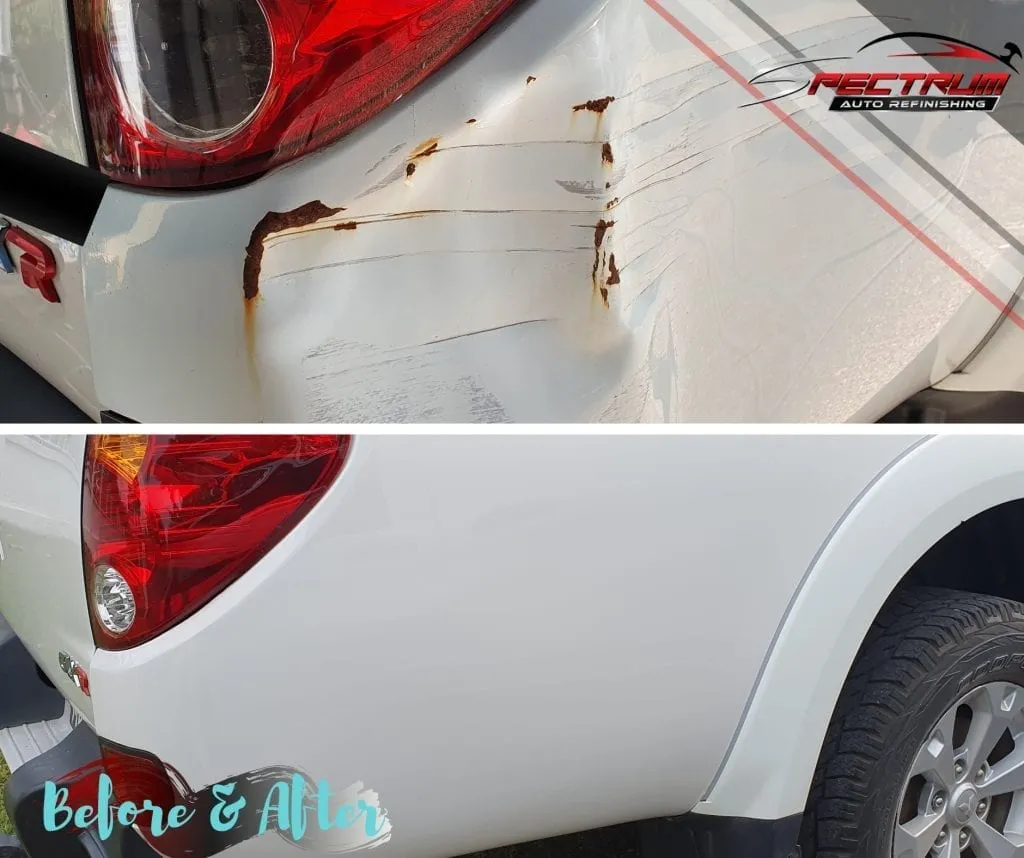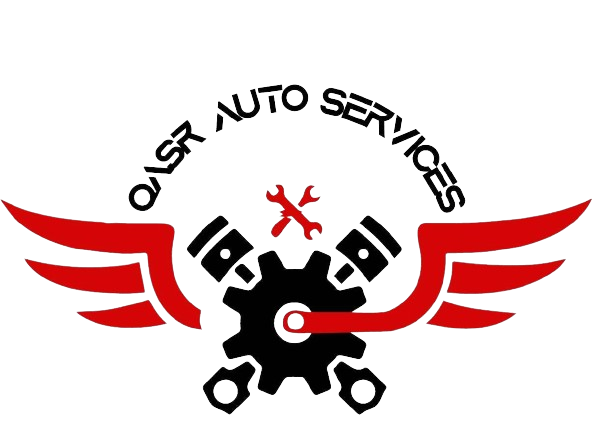
Car dents, while often viewed as cosmetic damage, can lead to serious issues if not addressed promptly and properly. These seemingly small dents can quickly turn into larger problems like rust, which can cause severe structural damage to the vehicle. In this article, we will explore how car dents can lead to rust and other bigger problems, and why it’s essential to repair dents as soon as possible to prevent further complications.
1. The Protective Role of Paint and Clear Coat
A car’s paint and clear coat serve as protective barriers between the vehicle’s metal body and the elements, such as rain, humidity, dirt, and UV rays. The paint helps to prevent rust formation by acting as a shield against moisture and contaminants. Clear coats are designed to provide a glossy finish while adding an extra layer of protection against scratches and chips.
When a vehicle sustains a dent, the paint surface is often cracked, chipped, or even completely scraped off, exposing the metal underneath. The compromised protective layer leaves the bare metal vulnerable to the elements, and this is where the real problems start.
2. Exposing the Metal to Moisture and Contaminants
Once the metal is exposed to the environment, it becomes susceptible to the effects of moisture and contaminants like salt, dirt, and road grime. Water is one of the primary catalysts for rust formation. If moisture seeps into the exposed metal through the dent, it can create a perfect environment for rust to begin forming. The process is accelerated if the car is exposed to humidity, rain, or snow, especially in coastal or winter climates where salt is used on roads.
Additionally, dirt and debris that enter through the dent can trap moisture against the metal, creating pockets of corrosion. Over time, these pockets can grow, spreading the rust further across the vehicle.
3. The Rust Formation Process
Rust is a type of corrosion that occurs when iron or steel reacts with oxygen and water, forming iron oxide. This process, known as oxidation, begins when moisture comes into contact with the exposed metal. The water causes the metal’s surface to break down, and over time, this weakens the structure of the vehicle.
Rust begins as small, reddish-brown spots on the surface but can spread rapidly under the right conditions. If the dent is left untreated, the rust will continue to grow, eating away at the metal and creating pitting. This can compromise the strength of the body panels, making them thinner and more prone to further damage.
As rust progresses, it can even affect the car’s internal components, such as the frame or engine parts, leading to more extensive and costly repairs. It’s not just a cosmetic issue—it can threaten the overall safety and functionality of the car.
4. Spread of Rust
What starts as a small dent can escalate quickly into a larger rust problem. Once rust sets in, it spreads to other areas of the vehicle, including places that may not be immediately visible. Rust often spreads beneath the surface, which makes it difficult to spot until it has done significant damage. If the dent is near a seam, like the door panel or undercarriage, rust can spread along the seam, worsening the damage over time.
Even a small dent that seems insignificant can lead to widespread rust damage, especially if the area is not properly treated. As the rust spreads, it can affect critical parts of the car’s body, including the structural frame, which is essential for the vehicle’s safety during a collision.
5. Structural Integrity Compromise
The spread of rust in a car can seriously undermine its structural integrity. The body of a vehicle is designed to provide safety in the event of an accident. However, when rust weakens the metal, it can compromise the vehicle’s crashworthiness, making it more vulnerable in the event of a collision.
The weakening of the frame, doors, and other vital parts can cause a reduction in the car’s ability to absorb impact, which is critical for passenger protection. Rust may also affect suspension components, wheel wells, or brake lines, creating safety hazards that can put both the driver and passengers at risk.
6. Expensive Repairs and Decreased Value
Ignoring car dents and allowing rust to form can lead to expensive repairs down the road. Once rust has spread significantly, the only solution may be to replace entire panels or even the car’s structural frame. In some cases, the damage can be so extensive that the vehicle is considered a total loss.
Moreover, the presence of rust can drastically decrease the resale value of the car. A vehicle with visible rust spots or structural damage is far less appealing to potential buyers, and even a minor rust issue can lower the vehicle’s market value by hundreds or thousands of dollars. If you intend to sell or trade in your car, rust can significantly diminish its worth.
7. Corrosion of Electrical and Mechanical Components
In addition to affecting the body panels, rust can spread to the electrical and mechanical components of a car. If the rust reaches areas like the wiring harness, engine components, or exhaust system, it can lead to electrical malfunctions, engine failures, and poor vehicle performance. Rust can also cause parts to seize, making them difficult or impossible to repair.
Are you looking for car dent repair shop in Sharjah?
Qasr Auto Services in Sharjah specializes in high-quality car dent repair services, offering professional solutions to restore your vehicle’s appearance. Their experienced technicians use advanced tools and techniques to efficiently repair dents, scratches, and other minor body damages. Whether your car has a small door ding or a larger dent, Qasr Auto Services ensures a flawless finish, with quick turnaround times. They pride themselves on customer satisfaction, offering affordable prices without compromising on quality. Located in Sharjah, they provide reliable and timely car repair services, making them a trusted choice for dent repairs.
